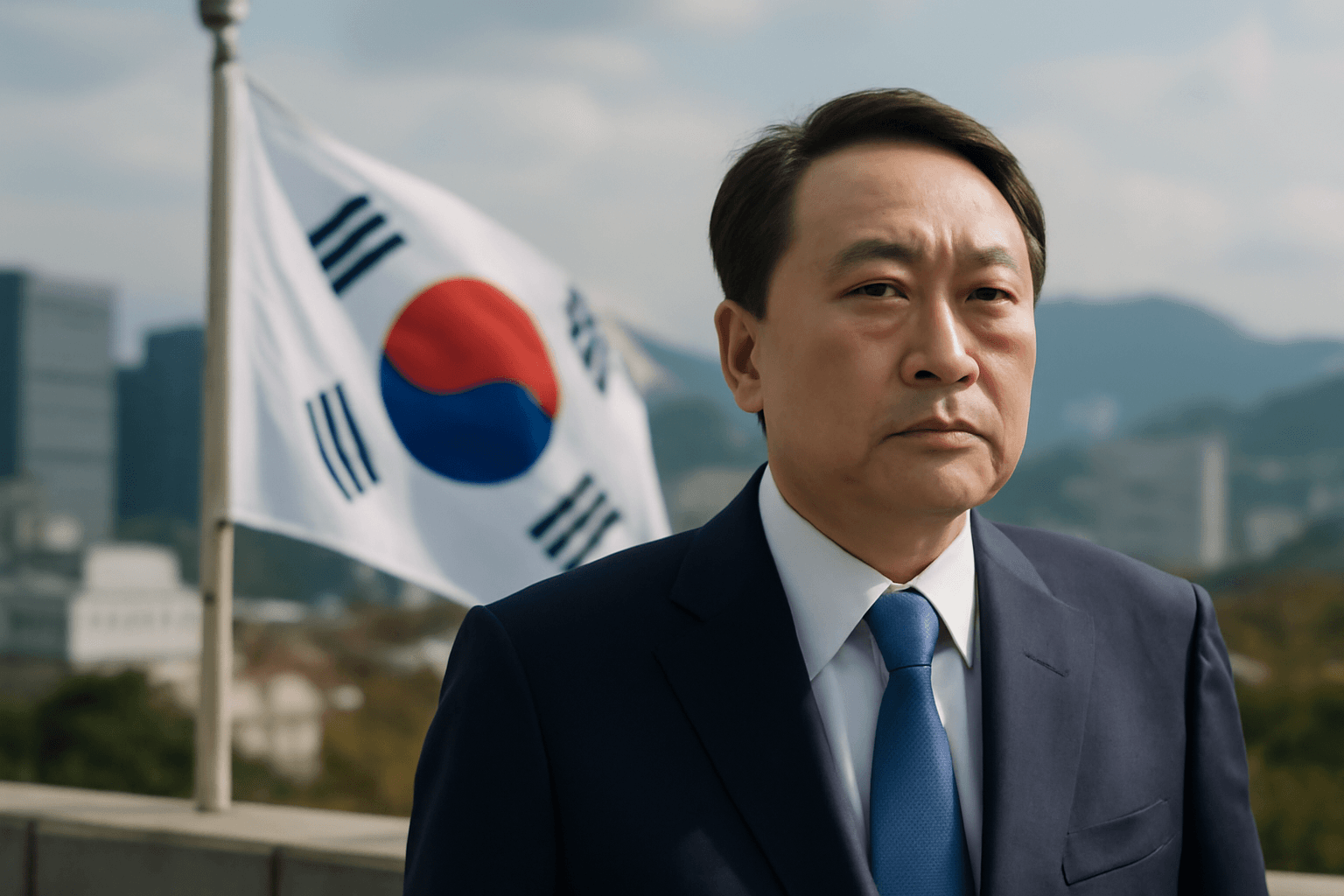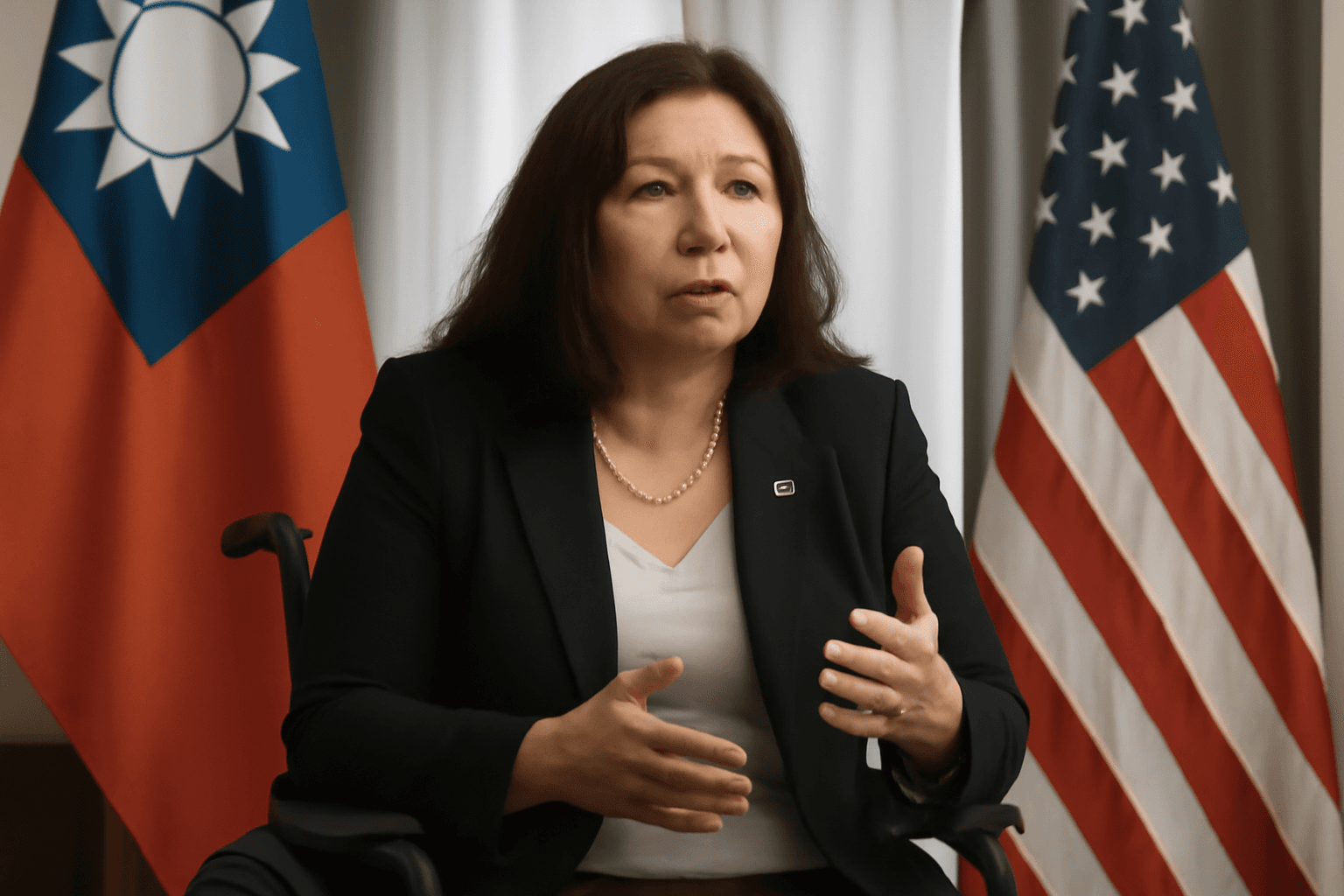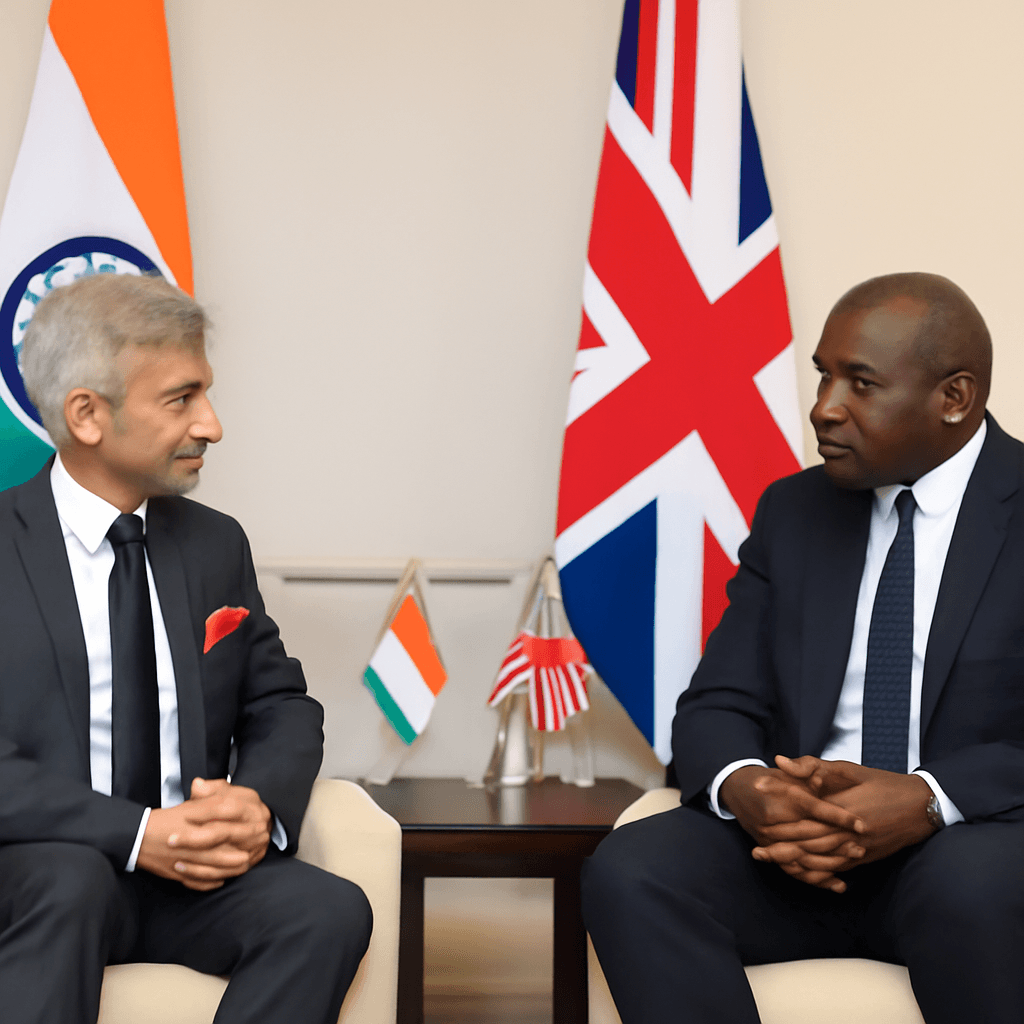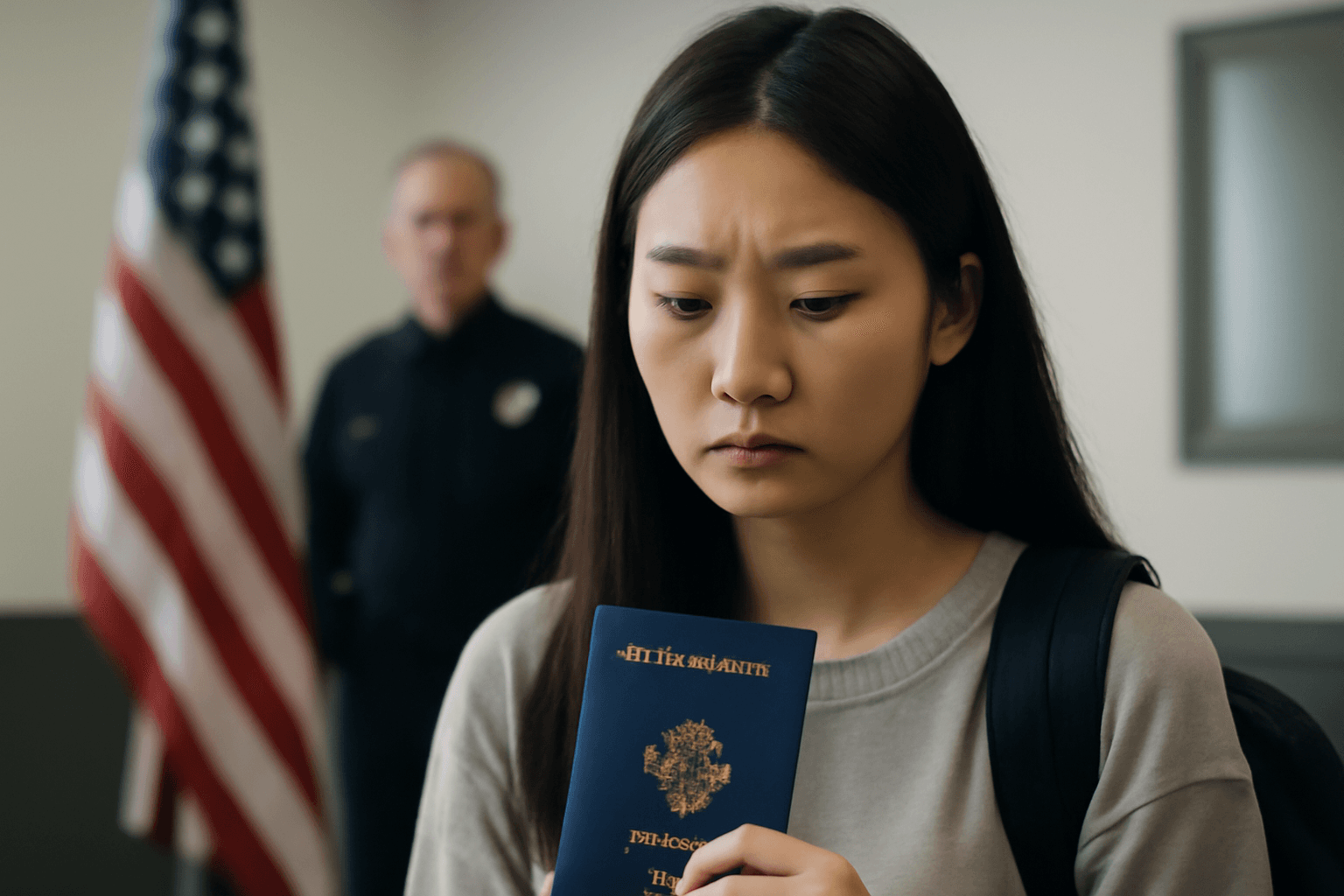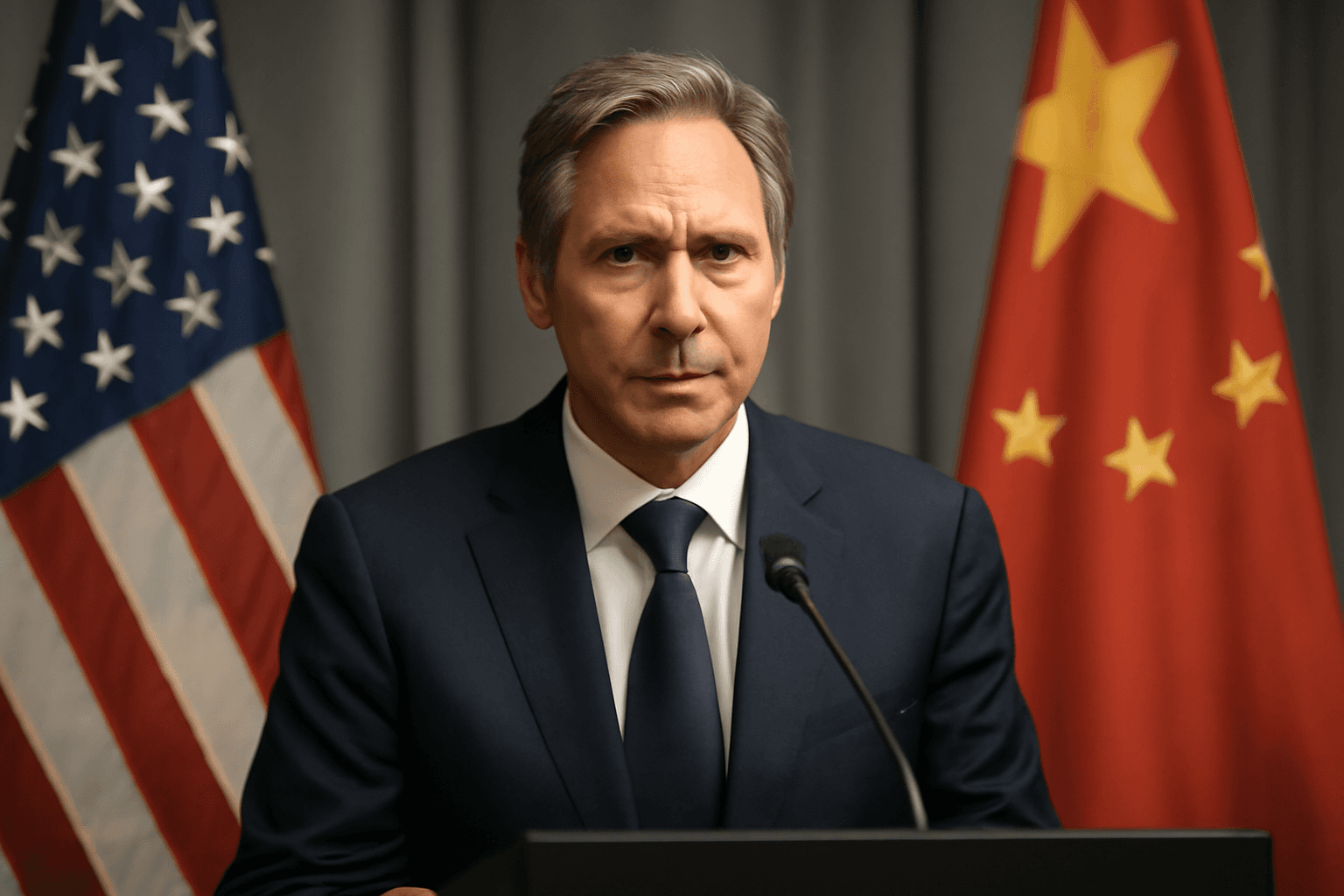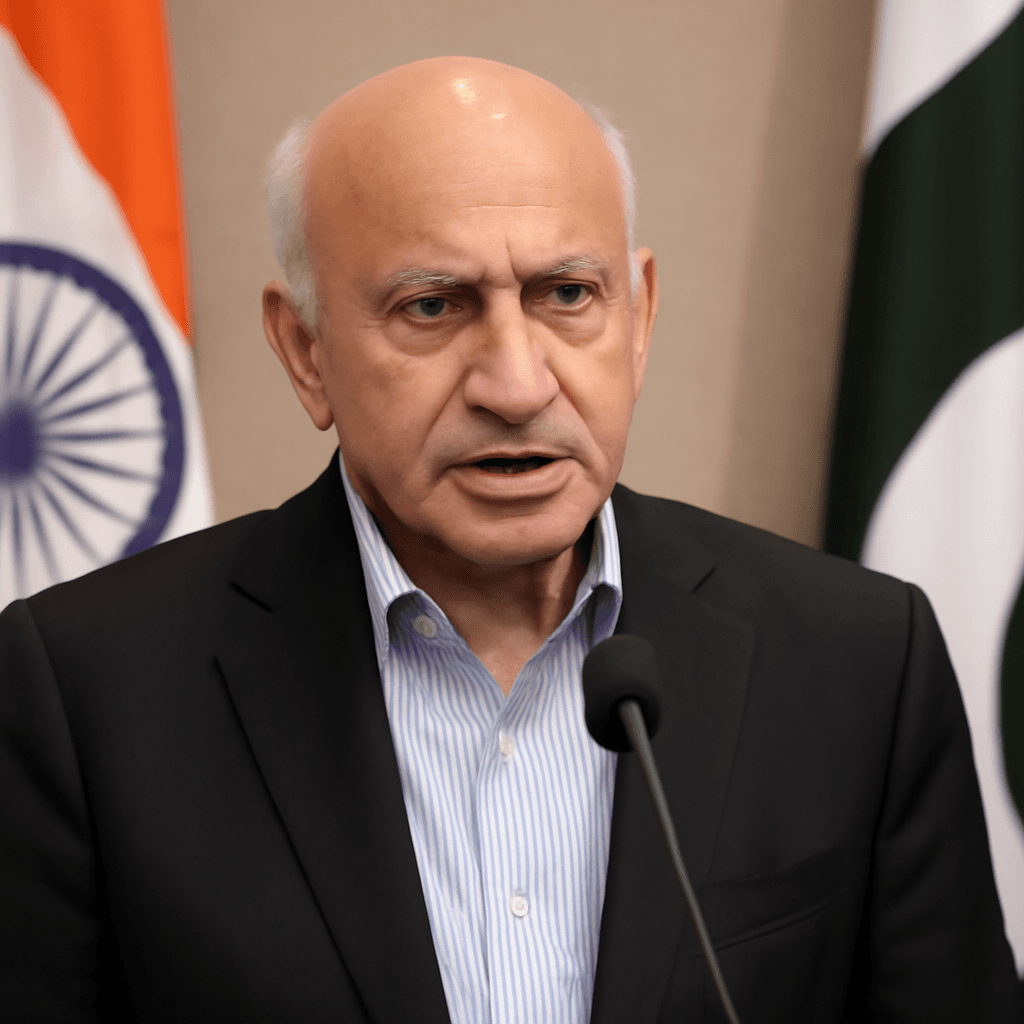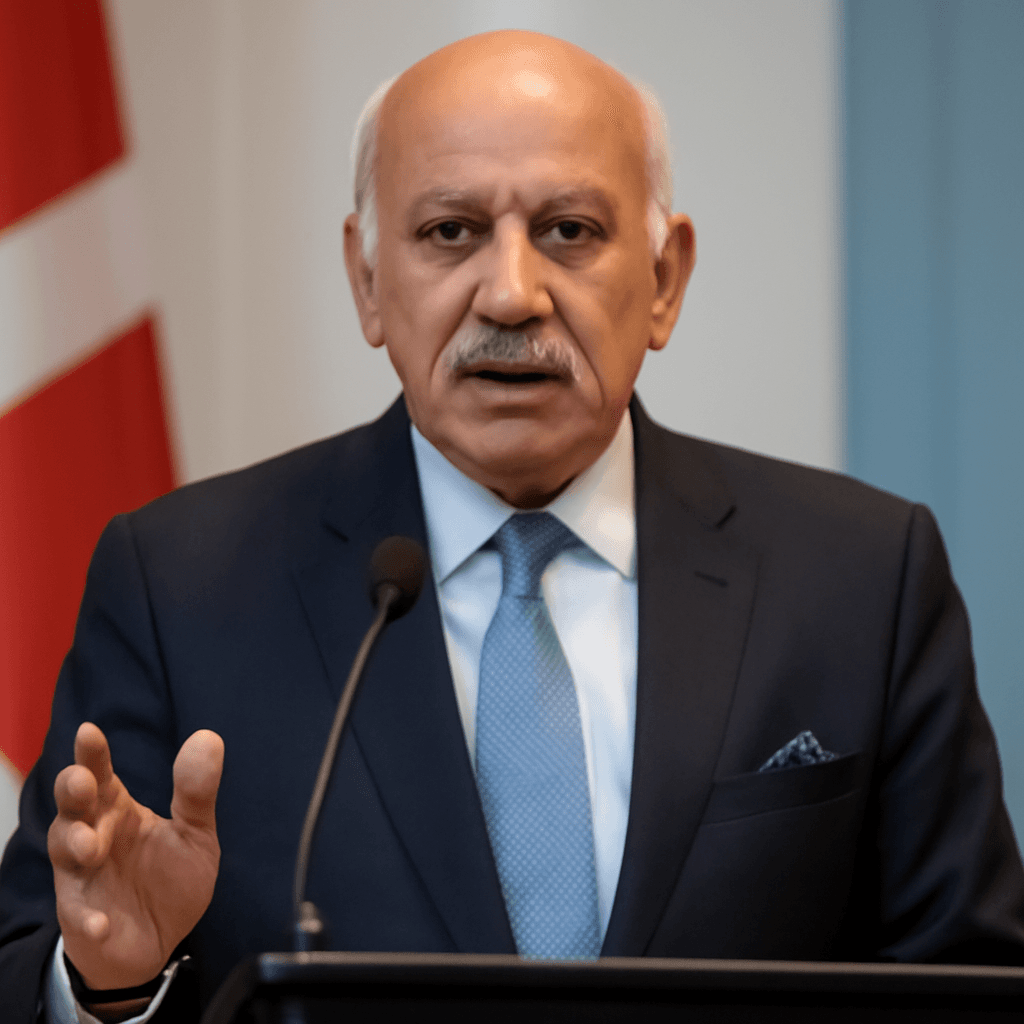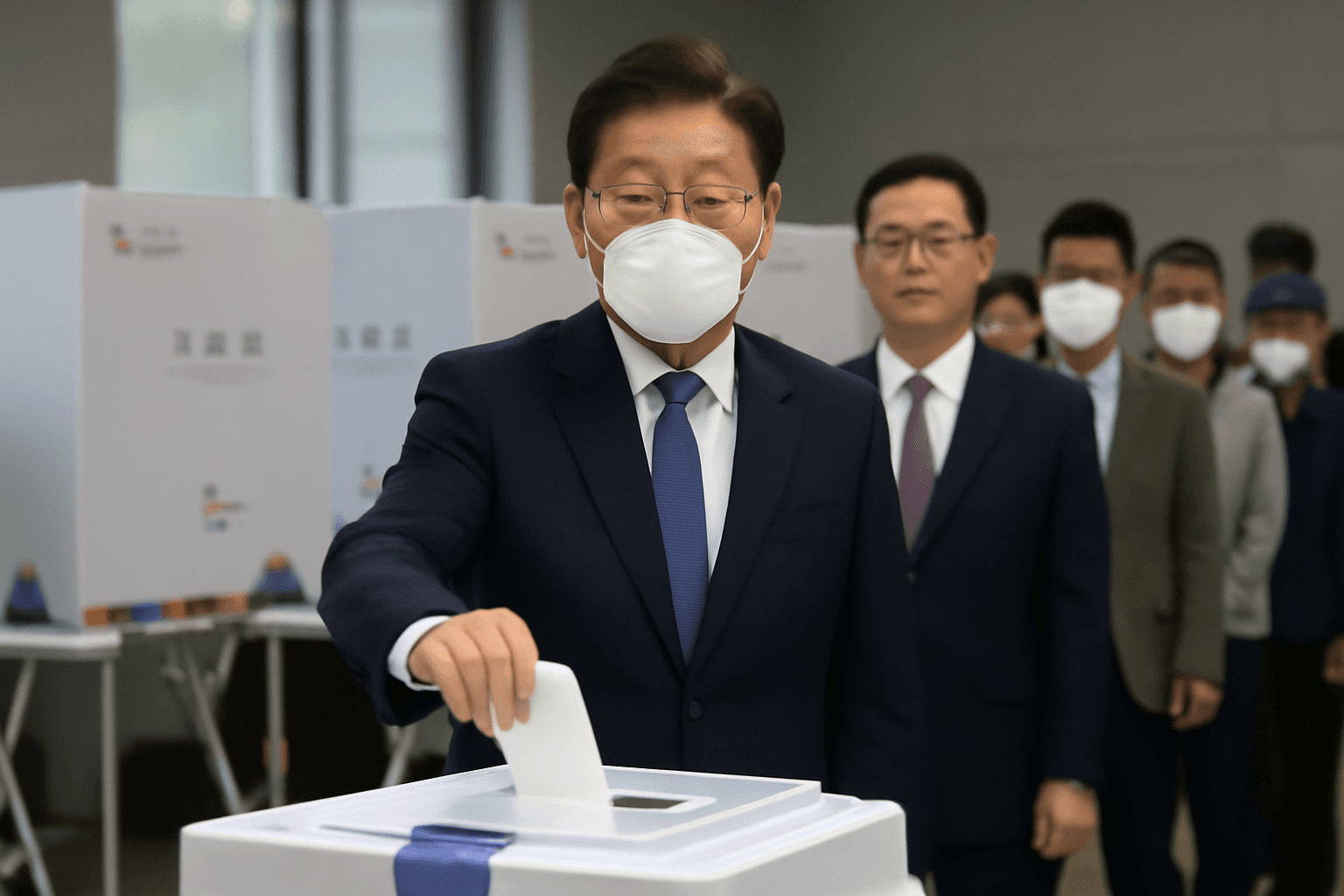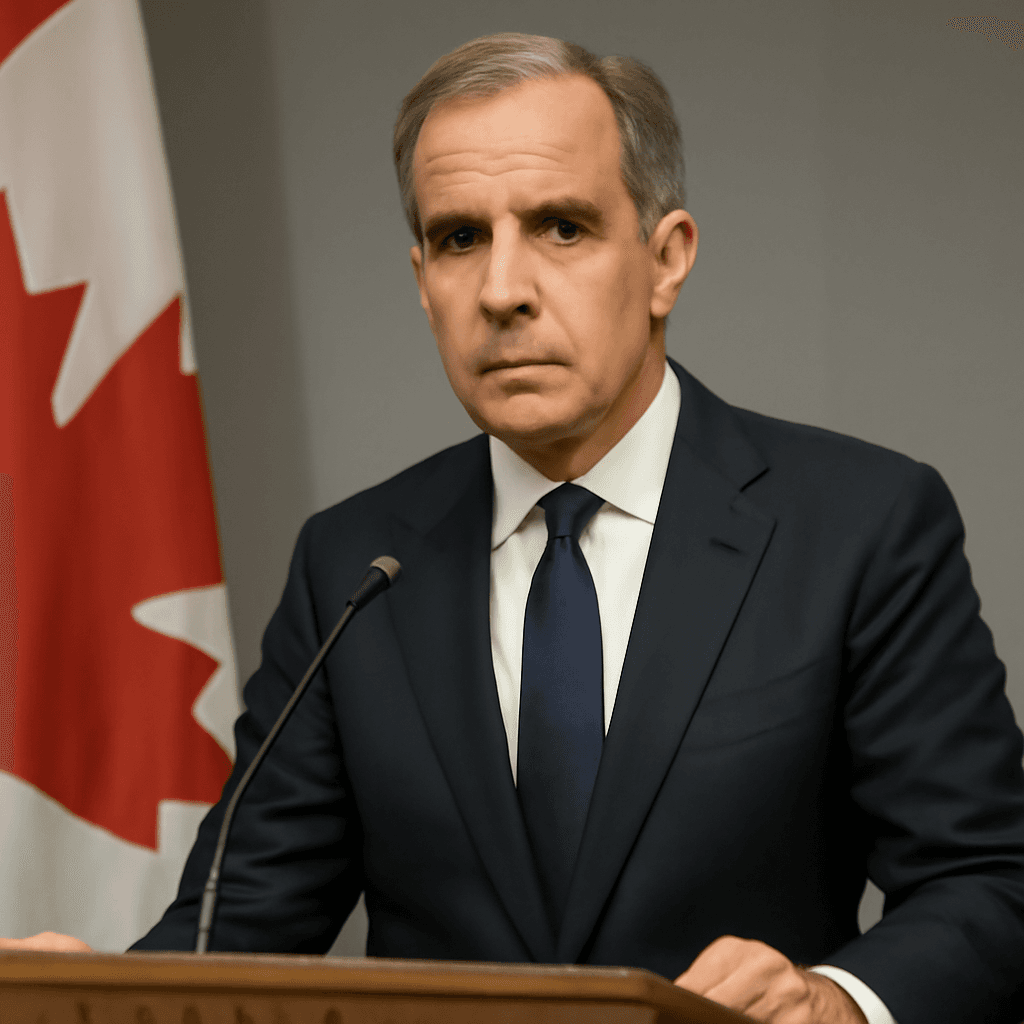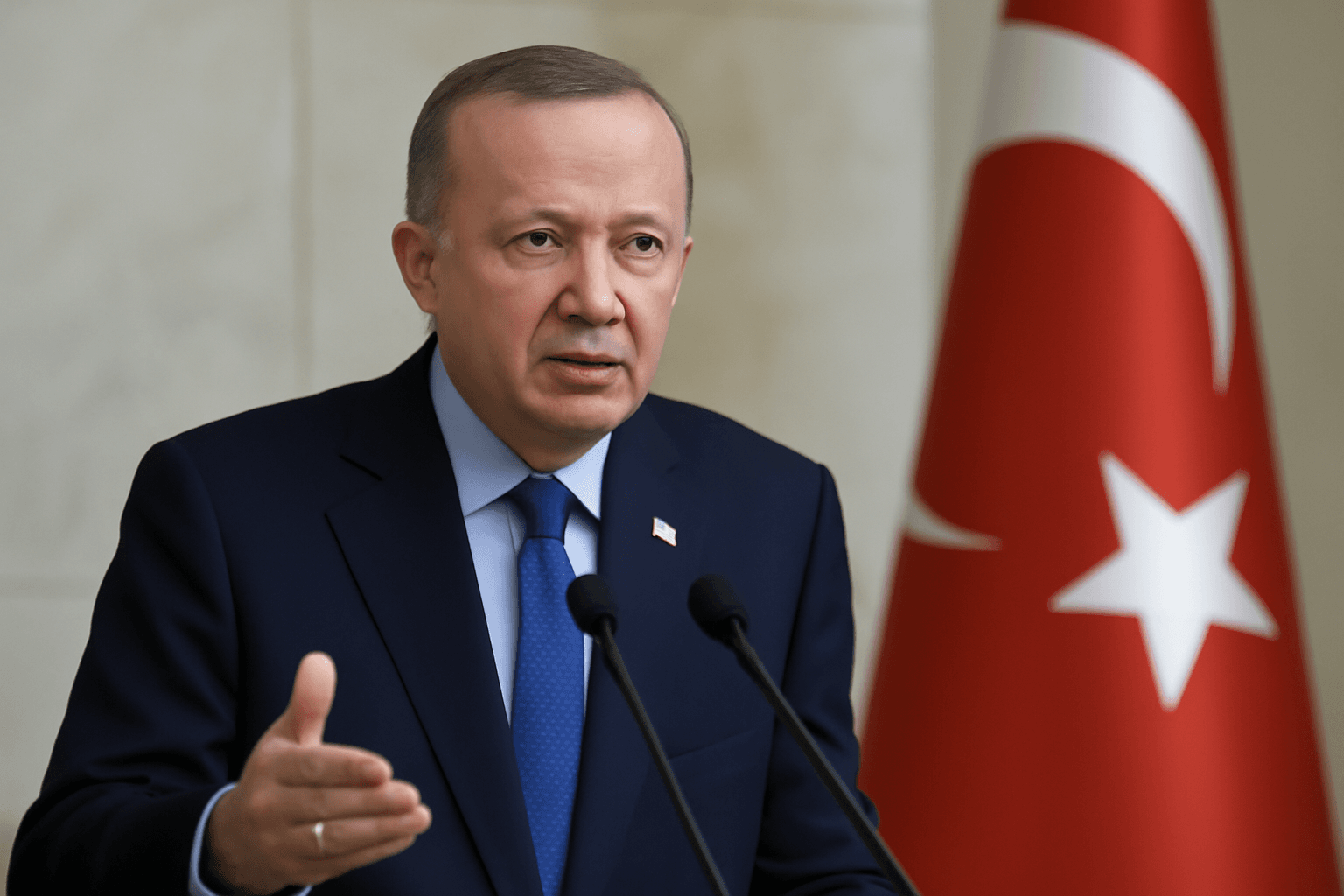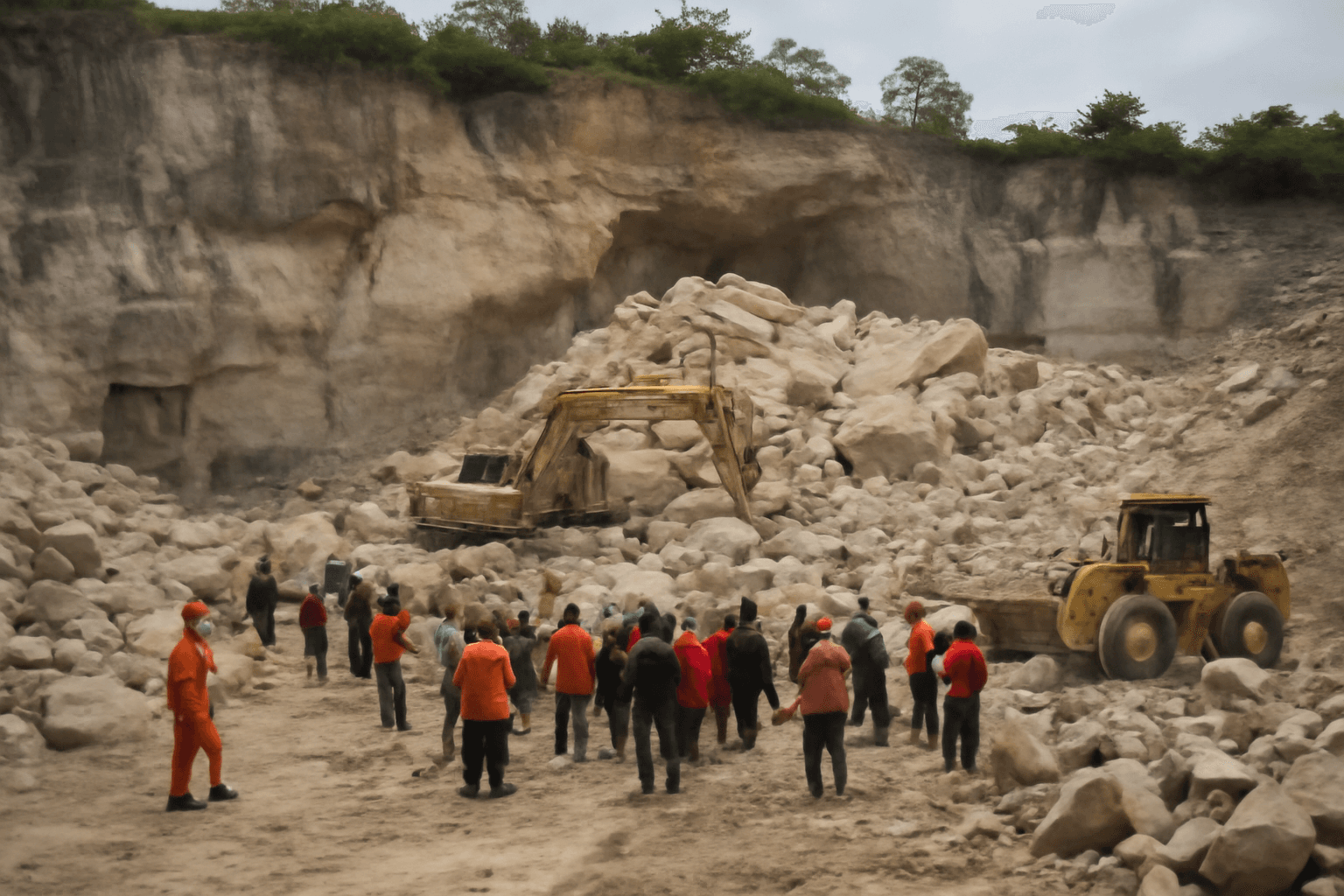As South Korea prepares for its presidential election in early June 2025, the incoming leader faces significant geopolitical challenges involving key regional and global players: the United States, China, and North Korea.
Recent polls indicate Democratic Party candidate Lee Jae-Myung leads with 49.2% support, ahead of People Power Party’s Kim Moon Soo at 36.8%. The political landscape is further complicated by the rise of the New Reform Party capturing 10.3% of the vote, suggesting potential influence in forming the next government. The People Power Party's reputation has been weakened by the impeachment trial of President Yoon Suk Yeol, intensifying the electoral contest.
On the international front, South Korea continues balancing its alliance with the United States and its complex relationship with China. The US remains a pivotal defense partner, with roughly 28,000 troops stationed in South Korea. However, recent discussions reveal that the Pentagon is considering reducing troop numbers by nearly 4,000, adding sensitivity to ongoing security dialogues. Additionally, Washington pressures Seoul over trade and defense cost-sharing, although current negotiations suggest potential for compromise.
Simultaneously, China is South Korea’s largest trading partner, accounting for $133 billion in imports of South Korean goods last year (19.5% of exports), surpassing US trade at $128.4 billion (18.8%). Despite deep economic ties, tensions persist, exemplified by disputes over maritime facilities—China claims a structure is part of a fishing project under bilateral agreements, but South Korea views it as an attempt to assert broader territorial claims in contested waters.
North Korea’s stance continues to deteriorate. The regime has severed all communication channels with the South, fortified its borders further, and expanded its missile arsenal, with ideological repudiation of reunification efforts. Pyongyang has openly declared Seoul an adversary while strengthening alliances with Moscow, escalating regional security concerns.
As election day approaches, the new South Korean administration must navigate these multifaceted diplomatic and security challenges carefully to maintain regional stability and national interests.

